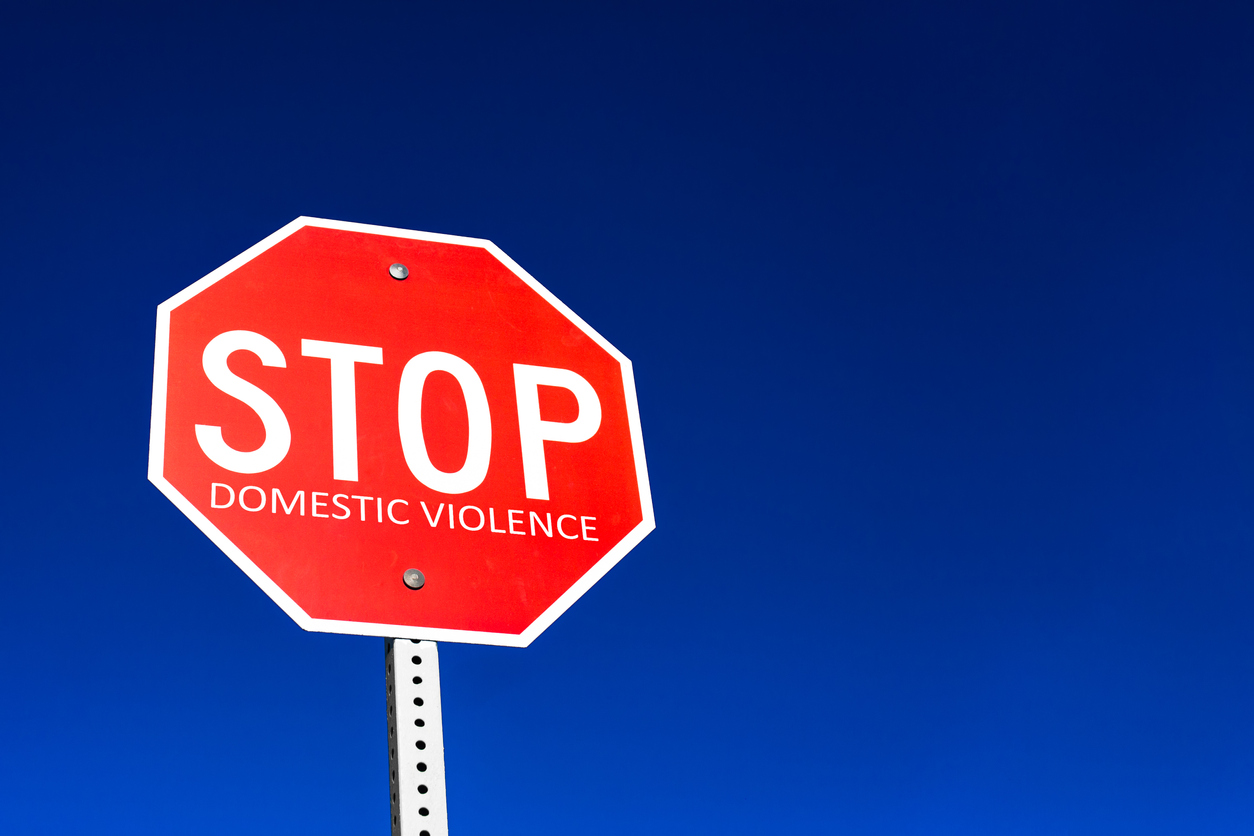If you or your family are in immediate danger call 911
As the COVID-19 crisis continues, many people are spending more time than ever in their homes. With shelter-in-place orders, tensions and anxiety are high for everyone, and this presents a potential risk for domestic violence.
It’s not always easy to identify when you or someone close to you is in an abusive relationship, and the signs of domestic violence may be different in each relationship. Abuse can be verbal, emotional, physical or psychological.
“Just because there may not be physical abuse, does not mean that it is not abuse,” says Dean R. Sobcoviak, chief protective services officer for Sutter Health. “Verbal abuse, psychological abuse and bullying are all real abuses, and the effects can be just as, or possibly even more damaging than the visible wounds that are obvious from physical abuse.”
Signs of unhealthy, abusive relationships include:
• Physically aggressive with you
• Physically aggressive toward other people or animals
• Abusing alcohol or drugs
• Controls all the finances
• Denies there are any problems
• Isolates you from others
• Verbally abusive
• Possessive, jealous and unpredictable
Recognize these signs in yourself:
• Feel controlled and manipulated by your partner
• Are unable to make your own decisions
• Don’t feel safe in your own home
• Feel watched, even at work
• Feel humiliated, dismissed and helpless
Safety and Self-Care Strategies
If you identify as someone in an abusive relationship, reach out for help:
1. Consider creating a safety plan that includes ways to remain safe while you are in the relationship, planning to leave or after you leave.
2. Continue to stay in frequent contact with your support network, such as family, friends and co-workers.
3. Recognize that there are many resources available and reach out for help:
- If you or your family are in immediate danger call 911
- Anonymous, free and confidential support and resources:
o National Domestic Violence Hotline: 800-799-7233
o National Resource Center on Domestic Violence
o California Partnership to End Domestic Violence
- Whether by phone, video chat or in-person, talk to your doctor about what options exist. Your doctor can provide you with a referral to a licensed, professional therapist.
Workplace Support: If you feel comfortable sharing, let your boss know. Ask if your employer offers additional services for employees in your situation. Not every employer offers additional services, but informing them may help keep you safe while on the job.
Domestic Violence Restraining Order: This is a court order that helps protect you from abuse or threats from your spouse or intimate partner. To explore the option of a domestic violence restraining order, contact your local District Attorney’s office or courts.ca.gov/selfhelpdomesticviolence.htm. Filing is free.
Therapy: Work with a counselor or therapist to build your emotional strength to leave, and to process the trauma afterward.
Asking for help can feel difficult or dangerous in situations like this, says Kim Narvaez, a licensed marriage and family therapist with Sutter Health. “A counselor or therapist will recognize the turmoil you are going through,” Narvaez says, “Just know that you are not alone, and you have the right to be safe.”
Remember your life is valuable. Get help and remove yourself from the situation as soon as safely possible.
If you feel you or your family’s life or safety are in immediate danger, call 911.





